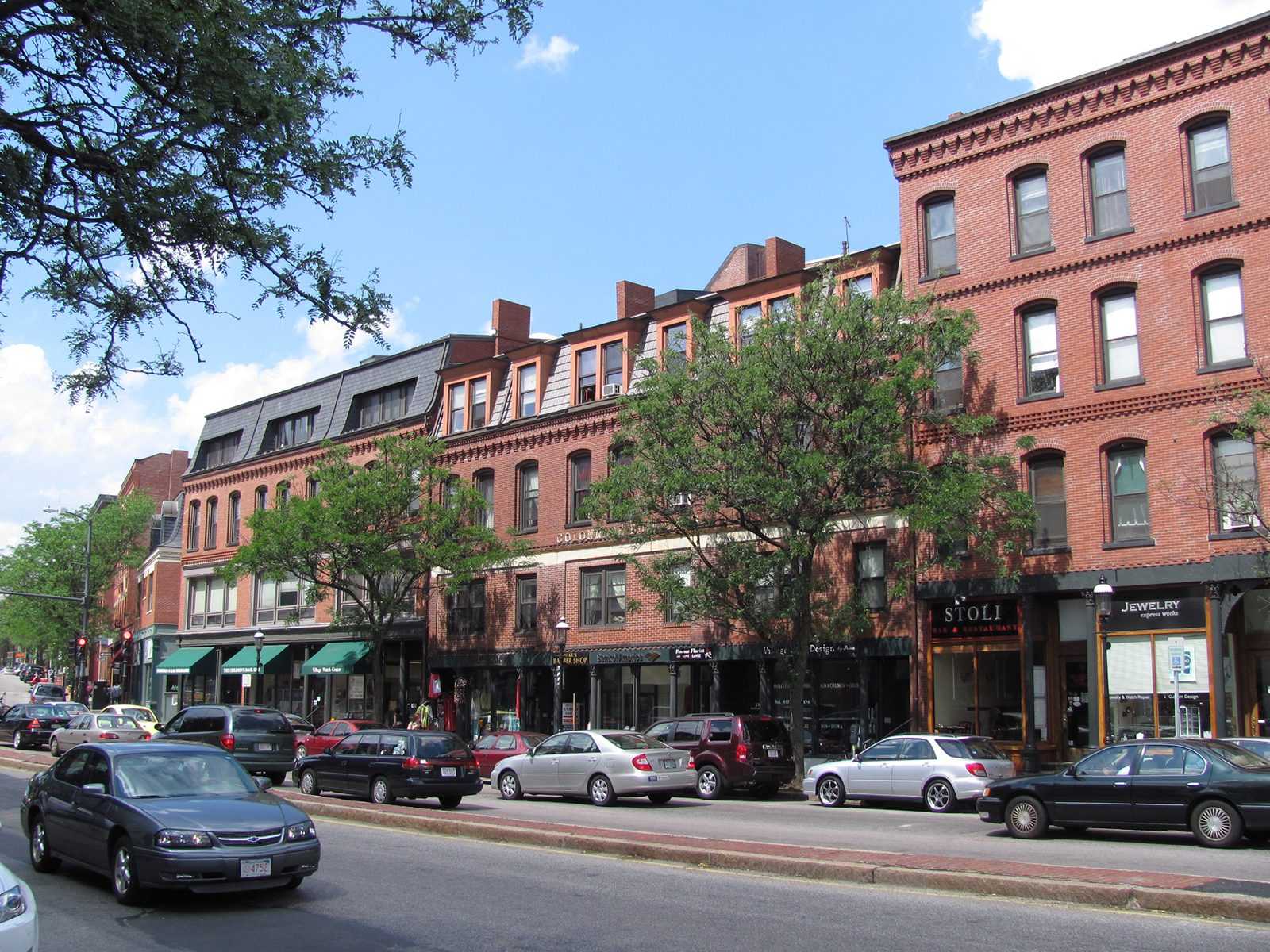Brookline is presented as the picture of liberal excellence. It is known for being well educated, boasts a growing number of environmentally friendly policies and works hard to keep up its quaint feel. Most residents would likely agree that their town is one of the best Boston neighborhoods in which to live.
But Prentice Pilot, a former Brookline police officer, has a bone to pick.
“I’m calling Brookline a fake-ass liberal town,” he said, quoted in Boston magazine’s Sunday feature, “Does Brookline Have a Problem with Black People?”
Pilot was one of just a few black officers during his time in the police department, according to the magazine, and he accused a superior officer of suggesting that Pilot perform “n—– jumping jacks” in order to be promoted. Pilot accused the department of institutional racism, and, according to Boston magazine, his allegation wasn’t isolated. Seven other police officers and firefighters have joined Pilot in filing lawsuits citing discrimination, the magazine reported.
Though the town’s diversity commission has expressed its purpose “to be instrumental in eliminating discriminatory barriers,” Brookline administrators have largely been dismissive toward the unhappy residents and instead extol the neighborhood’s virtues. This isn’t to say that Brookline doesn’t deserve to be praised — it does, but its shortcomings ought to be addressed as well.
If racism exists within Brookline’s police department, it likely permeates into other aspects of the community as well. This makes it even more of a widespread issue, one that all residents should be aware of and work to amend.
Boston University’s campus is adjacent to Brookline, and many of its students live in the neighborhood. We frequent its charming cafes and shops, investing our time and money into its economy. It’s likely that much of Brookline’s renting population consists of college students, which brings a significant issue to light: What role do we play in making Brookline better for people of color?
The main obstacle for students to overcome in supporting a community’s fight for social justice is their fleeting presence in that community. It’s difficult to make a difference in just four years, and that period of time makes permanent residents more likely to look at students with a skeptical eye. Why should Brookline administrators listen to critical out-of-towners, knowing that they might move to another neighborhood or city in a few years?
In an ideal world, students living in Brookline would attend town halls and better integrate themselves into the community. While individuals, at most, will only live in the town for four years, the larger student population has a consistent presence. But students err on the side of self-involvement, and it isn’t entirely their fault. We view Brookline as a place to eat and sleep, not as a place to raise our families.
It’s the job of Brookline’s leaders to listen and respond to its residents’ complaints. There’s a difference between having a diverse population and actively respecting it. As Scot Huggins, a resident who moved to the town as a child in the early 1970s, told Boston magazine, “Brookline is a really great place. It’s just not as good for some as it is for others.”
Perhaps our role isn’t to directly combat the institutional racism from within the community, but rather to support the permanent residents, like the aforementioned police officers and firefighters, that are already doing so. We have the power to raise awareness of local efforts, whether through publications such as this one or conversations in our classrooms.
As students, we know that education is almost always the answer to ensuring a better future. Encouraging discussions of race and intersectionality never hurts, especially when they are integrated into primary and secondary school curriculums as well. It’s up to community leaders to address current instances of discrimination, and to the younger generations to ensure a fairer future.
























































































































